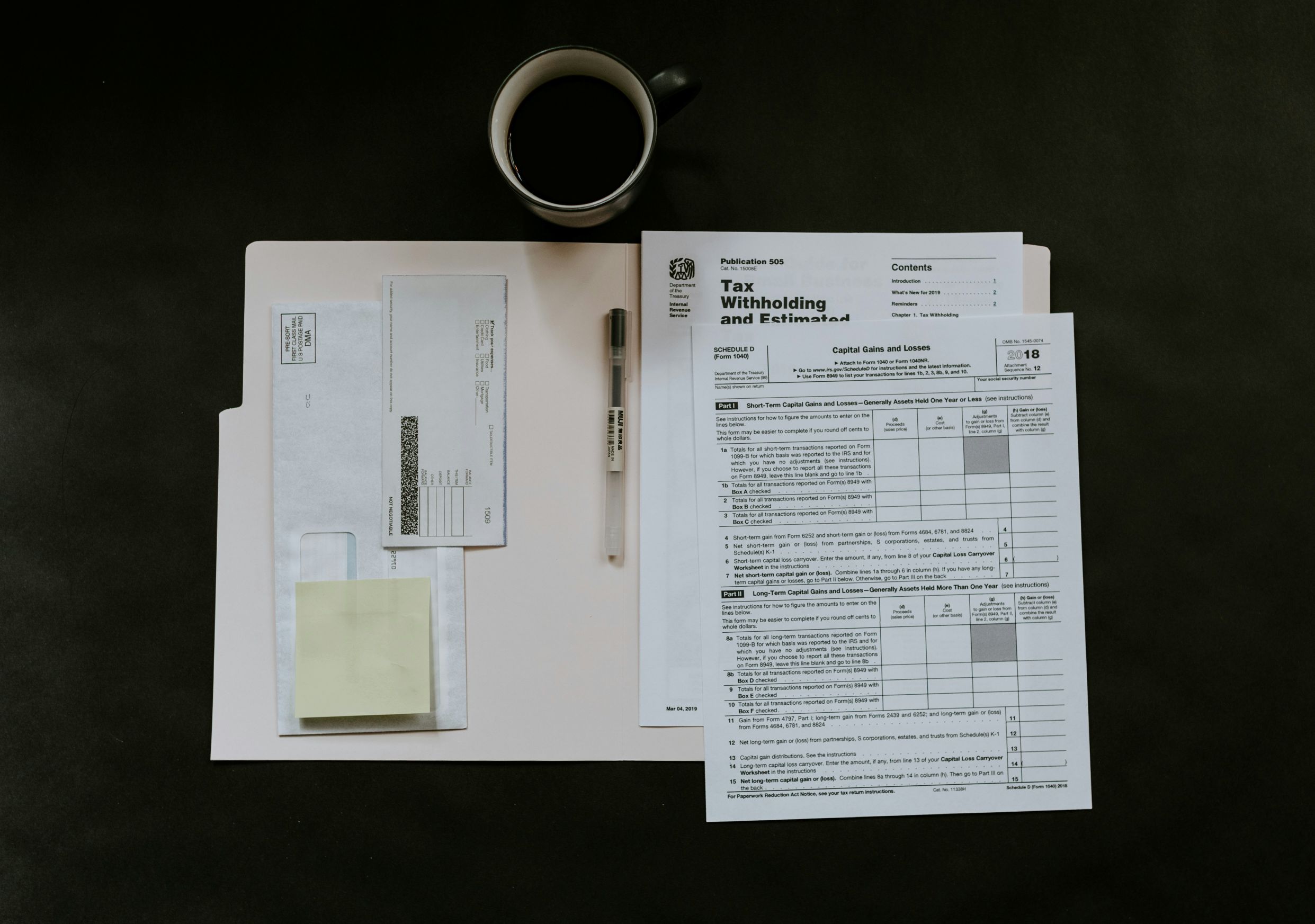This blog post is brought to you by the tax experts at Duckett Ladd, who are helping explain how the recent tax legislation in the One Big Beautiful Bill Act impacts your dental practice plus how individual provisions could affect you as a practice owner.

With tax legislation constantly evolving, dental practice owners face the ongoing challenge of staying ahead of the curve. The One Big Beautiful Bill Act (OBBB) is one of the most significant tax bills in recent years, bringing a mix of temporary and permanent changes that will impact how practices plan, invest, and grow. This bill isn’t just about tax rules—it’s about aligning your business operations with your long-term life goals.
The recently passed One Big Beautiful Bill Act (OBBB) is reshaping the tax landscape, with far-reaching changes that will directly affect dental practice owners. Passed by a narrow margin, this legislation extends key provisions from the Tax Cuts and Jobs Act (TCJA), makes several business and individual tax updates permanent, and rolls back clean energy incentives.
It’s crucial to understand how this bill affects your dental practice, so let’s dive in.
The OBBB Act:
Here’s how it breaks down for dental practice owners.

Starting after January 19, 2025, practices can once again fully deduct the cost of qualifying property in the year it’s placed in service.
This change can make a significant difference when planning to purchase large-ticket items like CBCT machines, digital scanners, or expanding your operatories. With 100% bonus depreciation, those large purchases can be fully deducted in the year of acquisition, reducing your taxable income and potentially lowering your tax bill.
The maximum deduction under Section 179 increases to $2.5 million, offering more flexibility when purchasing equipment or software.
Section 179 has long been a favorite among dentists for its simplicity and effectiveness. With the increased limit, dental practice owners have more flexibility when making multiple investments in equipment, technology, or even office furniture—all in the same year.
Immediate expensing of R&D costs starts in 2025, with options to correct 2022–2024 amortizations via amended returns or catch-up deductions.
Many practice owners overlook the R&D credit because they assume it only applies to large corporations. In reality, practices developing new workflows, creating proprietary treatment plans, or customizing patient management software may qualify. These changes also provide a second chance to recoup tax savings from 2022–2024.
The $626,000 limitation for joint filers is now permanent; excess losses become NOLs, helping reduce future taxable income.
This cap reinforces the importance of strategic planning in years when you are heavily investing in growth, opening new locations, or weathering economic downturns. Since excess losses now carry forward as NOLs, it’s crucial to coordinate these deductions across years to optimize benefits.
Credits for clean vehicles and residential clean energy expire by the end of 2025.
If your practice has considered installing solar panels, upgrading to energy-efficient HVAC systems, or purchasing EVs for business use, you’ll want to act before the end of 2025 to capture remaining credits.

The One Big Beautiful Bill Act gives dental practice owners more certainty in areas like depreciation, income tax planning, and equipment investment strategy. But it also makes permanent some limitations that were previously expected to sunset.
The key takeaway is this: your practice’s structure and strategy must align with the new tax environment.
Now more than ever, proactive planning is essential. Waiting until tax season to think about these changes could result in missed opportunities or unexpected liabilities. Having mid-year tax strategy sessions and regular reviews of your financials can position you to make smart, forward-looking decisions.
From purchasing plans and hiring strategies to personal wealth planning and exit preparation, the ripple effects of the OBBB Act will be felt throughout your practice. Make it a priority to schedule time with a dental-specific CPA such as the team at Duckett Ladd who understands not only the legislation but how it uniquely applies to your business.